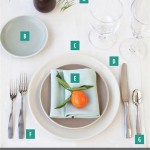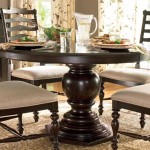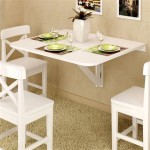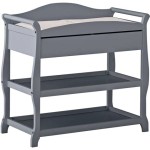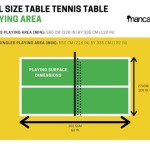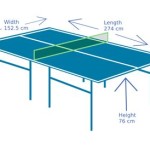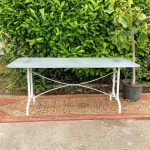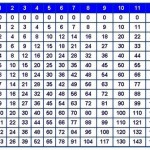Hanging Table on Wall - Essential Aspects To Consider
Hanging tables on walls is an ingenious space-saving solution that adds a touch of style and functionality to any room. Whether you're looking to create a cozy breakfast nook in a small kitchen or simply want to free up some floor space, a hanging table can be a perfect fit.
However, before you start drilling holes in your walls, it's crucial to consider some essential aspects to ensure a safe and secure installation:
1. Wall Strength and Load Capacity
The most crucial factor to consider is the strength of your wall and its capacity to bear the weight of the table. Different types of walls have varying load capacities, and it's essential to ensure that your wall can withstand the load safely.
Consult with a professional if you're unsure about the load capacity of your wall or if you plan to hang a particularly heavy table.
2. Table Weight and Material
The weight of the table plays a significant role in determining the necessary hardware and installation method. Heavier tables require more robust mounting systems and may require additional support.
Consider the material of the table as well. Some materials, such as wood, may be more forgiving and allow for some adjustment during installation, while others, like glass or stone, require extreme precision.
3. Mounting System and Hardware
The mounting system and hardware you use will depend on the weight of the table, the type of wall, and your personal preferences.
There are various types of mounting systems available, including French cleats, z-clips, and floating shelf brackets. Each system offers its advantages and limitations, so choose the one that best suits your needs.
Ensure that the hardware you use is of good quality and rated for the weight of the table. Avoid using cheap or low-quality hardware, as it can compromise safety.
4. Placement and Height
Consider the placement of the table on the wall carefully, ensuring it doesn't obstruct any doors, windows, or other furniture. It should also be positioned at a comfortable height for the intended use.
For a dining table, the ideal height is typically between 28 and 30 inches from the floor. For a work desk, it's usually around 29 to 32 inches.
5. Safety Considerations
Safety should be your top priority when hanging a table on the wall. Ensure that the table is securely attached and cannot fall or detach. Use anchors or additional support if necessary.
If you're not confident in your DIY skills, consider hiring a professional to install the table safely and correctly.
Conclusion
By considering these essential aspects, you can ensure that your hanging table is not only stylish and functional but also safe and secure. Take your time, consult with professionals if needed, and follow the recommended guidelines to create a beautiful and practical addition to your space.

Wall Mounted Table Hanging Workstation Modern Bracket School Desk Breakfast Nook

Wall Hanging Dining Table Buffet School Desk Breakfast Nook With Industrial Metal Turnbuckle Brackets

Wall Mounted Folding Table Framed Foldable Kitchen Space Saving Dining Murphy Desk Customizable Pine

Wall Mounted Table Hanging Workstation Modern Bracket School Desk Breakfast Nook Monté Sur Le Mur Bar Cuisine Designs De Petite

Hanging Fold Out Table Decor Steals

Wall Mounted Folding Table Desk Drop Leaf Kitchen Dining Com

Folding Table That Doubles As An Art Piece Wall

31 5 Wall Mounted Folding Table Solid Pinewood Floating Desk Heavy Duty Workbench Computer Bar Dining For Laundry Room Small Space Office Brown Com

30 X 21 5 Wall Mounted Folding Table And Computer Desk White Inplace Target

Radiator Cover Table Wall Folding Desk In Solid Oak Space Saving Drop Leaf Handmade Mounted Furniture Fold Down

